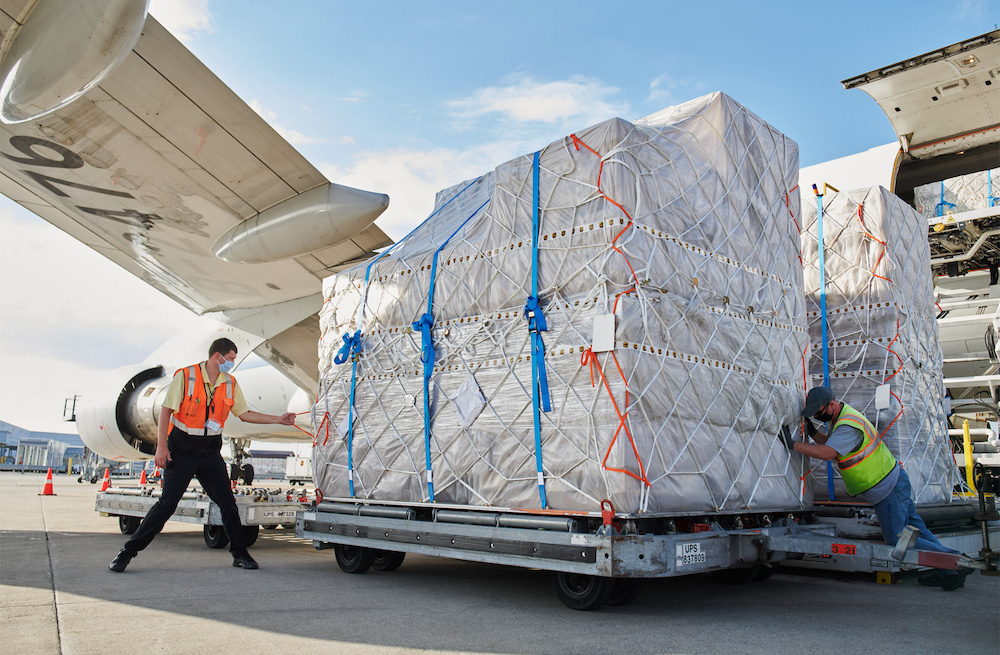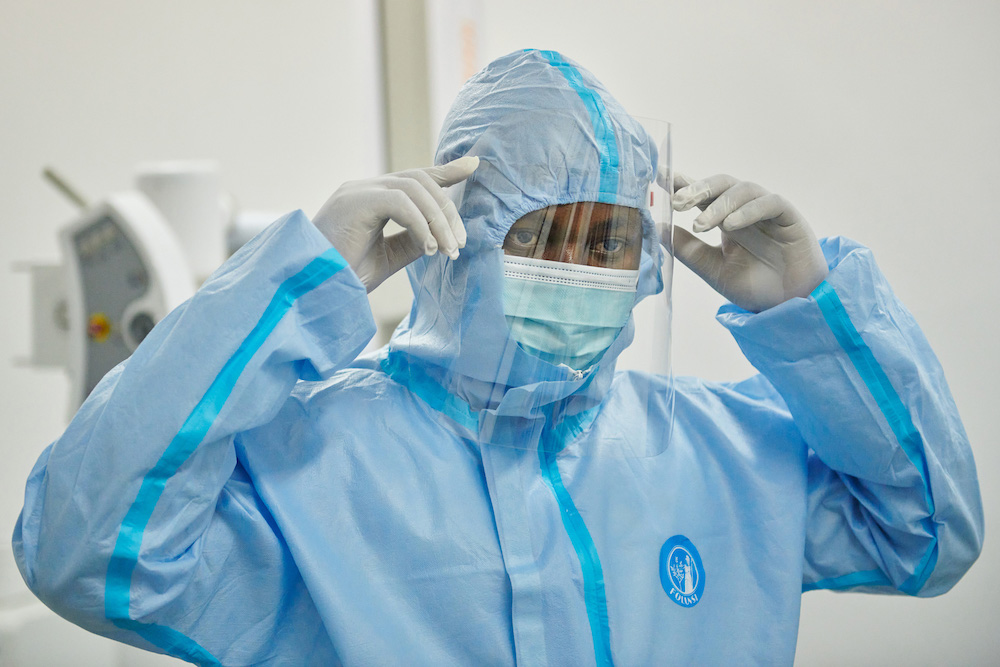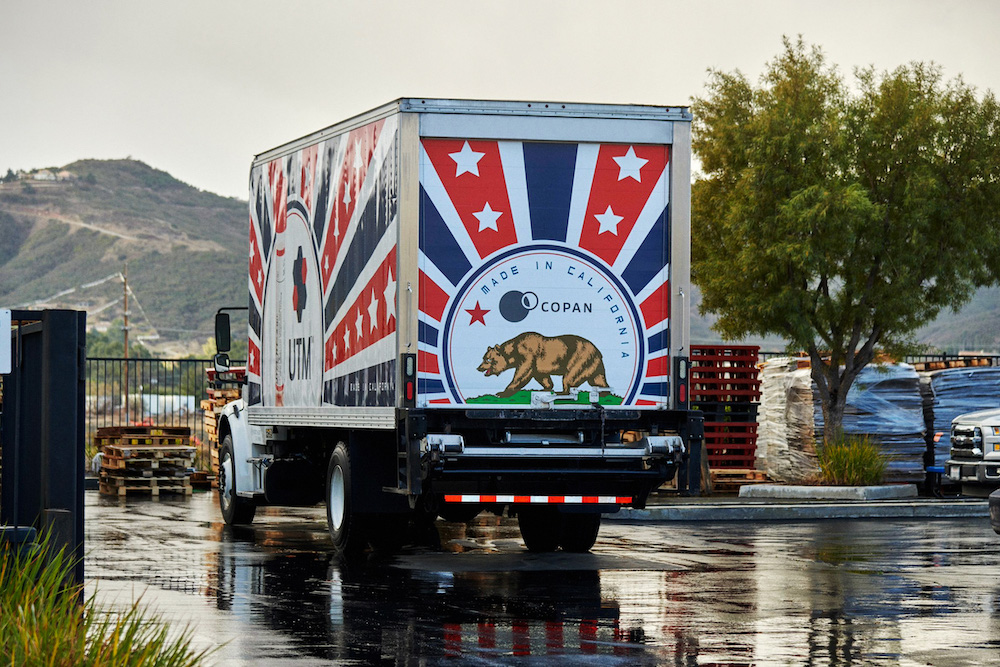Global component shortage hurts Apple’s supply chain

A pile of Apple products
Apple is not immune to global challenges. The entire industry is currently suffering from an international shortage of semiconductors, and may now have hit Apple’s plans to introduce new iPads and Macs.
What’s the story?
We’re in a unique historical position. Demand for processors has grown astronomically in the last couple of years as IoT, digital transformation and mobile devices proliferate.
However, demand for all these devices accelerated due to COVID-19, and there’s no sign of any end to this as yet. Demand is high.
But the other side of the pandemic is that we’ve seen a slew of unexpected challenges across the component supply chain.
Factories have been closed, key staff have become sick, raw materials have become harder to find and transportation logistics have been insanely difficult to manage. A border can be open Tuesday but closed with little warning the following week.
This has caused acceleration to diversify supply chains in every industry.
While most companies within the supply chain (including Apple) did have contingency plans, including a certain quantity of available stock, those reserves have been depleted, even as supply and raw material supply continues to be impacted.

Apple and (RED) are fighting two pandemics: AIDS/HIV and COVID-19
How long will this go on?
These kinds of challenges will exist until at least May 2021, though I fear they will extend many months beyond that, given that not every nation has access to vaccines and the global tech supply chain is deeply international.
Are workers mining rare earth materials getting the vaccine? Apple’s decision to work with Product RED to get vaccines to some nations must be seen as a necessary attempt by any company hoping to protect its supply chain. There is no vaccine unless everyone is vaccinated.
A Nikkei report calls the shortage, “a supply chain issue for Apple”, that “has not yet had an impact on product availability.” I’m inclined to think this is the case.
What’s the impact?
Its supply chain is doing its best to limit this impact.
Back in February, Foxconn said it had plans in place to protect its bigger customers. Apple sources its core A- and M-series processors from TSMC, but many of its displays come from Samsung which has been hit by the shortage. Apple has also struggled to get hold of power management chips.
While Nikkei says iPhone supply is OK, though “quite tight”. A second report claims Apple is experiencing delays in iPad and MacBook shipments due to the shortage of components. It has postponed some of its orders from 1H2021 to 2H2021. We don’t know if those delays are for new products, or simply to maintain supply of existing models.

The tragic truth, however, is that until supply chain challenges are resolved with open factories and borders, political tensions resolved, and mitigating measures made on a cooperative and international basis, these problems will continue.
Reaching that point will require sustained, international cooperation against this and future pandemics.
We have a really long way to go.
A world in disarray
“COVID-19 has brutally exposed and deepened inequality both within and between countries, and highlighted the staggering disregard our leaders have for our shared humanity. Decades of divisive policies, misguided austerity measures, and choices by leaders not to invest in crumbling public infrastructure, have left too many easy prey to this virus,” said Agnès Callamard, Amnesty International’s new Secretary General.
“We face a world in disarray. At this point in the pandemic, even the most deluded leaders would struggle to deny that our social, economic and political systems are broken.”
The return to business as usual will remain a fantasy until such cooperation is achieved.
Please follow me on Twitter, or join me in the AppleHolic’s bar & grill and Apple Discussions groups on MeWe.




